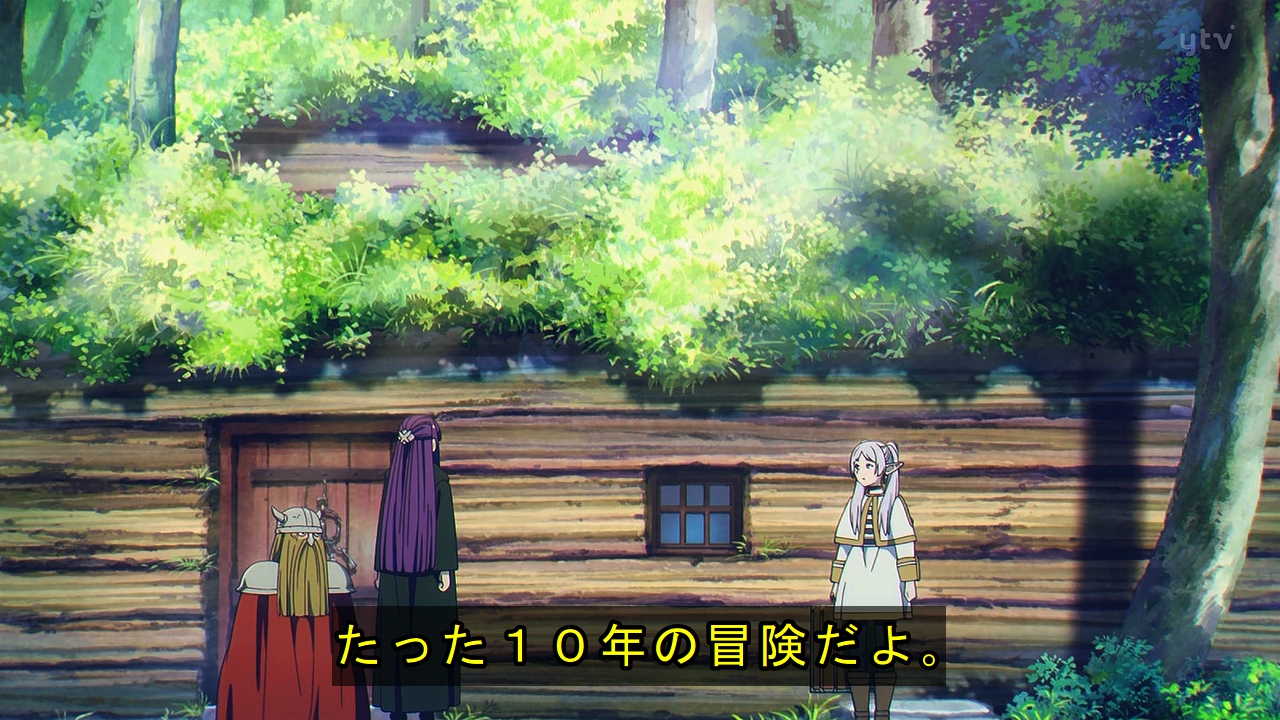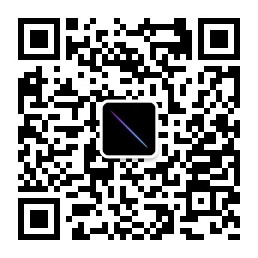
Realizing suddenly, I’ve been a graduate for 10 years now. To be precise, from the moment I stepped into the professional world in 2013 after completing my undergraduate studies, to the end of 2023, it’s been 10 years and 6 months.
When I launched this blog last year, I had actually planned to include a decade-long work summary in my list of topics. However, after starting the blog and getting sidetracked with various posts, I nearly missed this significant milestone. With next year’s calendar yet to be marked, I decided it was time to urgently cover this topic.
Calling it a work summary might be a bit misleading, as there isn’t much to detail on the specifics of the job roles to outsiders. Instead, I’ll share the evolution of my work philosophy over these years.
Let’s break down my work experience over the past decade:
- From early 2013 to the end of 2016, I worked at a financial intermediary, holding positions as a tech media journalist, editor, chief editor, and part-time investment manager.
- From the beginning of 2017 to its end, I was at a tech media company, working as an editor and executive chief editor.
- From early 2018 to mid-2020, I was a researcher at a major internet company.
- From mid-2020 to mid-2021, I embarked on an entrepreneurial venture, or a Gap Year, so to speak.
- From mid-2021 to the present, I returned to the same internet giant as a researcher.
Each job provided me ample opportunity for growth.
My first and longest tenure coincided with the bubble of “mass entrepreneurship and innovation” in China’s internet startup and primary market investment phase. For someone like me, a bachelor’s degree graduate from an average university in Beijing, having the chance to review hundreds of business plans weekly (like the early ones from Didi) and learn up close from investment titans such as Xu Xiaoping and Wu Shichun was a unique opportunity of that era.
This period rapidly acquainted me with the business world, laying the foundation for my subsequent writing and thinking. In fact, this job was my true “university,” as I’ve found little use for my formal university education in my professional life thus far.
My third job introduced me to a completely different field. Working in a corporate social sciences research institute, I established foundational thoughts in sociology, anthropology, and communication studies (without claiming academic expertise), building upon what I learned in my first job. This enabled me to produce works that are well-known among my readers today, such as “Is the Internet a Detour in Human History?”, “The Dilemma of Monopoly”, and “The Internet and China’s Post-Modernist Babble”.
To academic purists, these pieces may seem to lack scholarly rigor, appealing to the masses without adhering to academic standards. However, I believe that rigorous research on the internet’s societal impact in China is significantly behind and narrow. Many issues with the Chinese internet, such as oligopolistic monopolies, the gig economy, internet addiction, and vulgar culture, are plagued with the “scapegoat theory,” unfairly casting leading internet companies as inherently malevolent entities.
In my current philosophy, I work solely on things that interest me.
My work ethic has undergone two significant shifts, the first occurring as my initial job was drawing to a close.
Entering my first position as a fresh graduate, I felt quite apprehensive, stepping into a field as professional as first-market investments. Hence, in the early years of my career, I forced myself to adopt a highly professional demeanor towards my job.
As mentioned, I gained a lot from this role. However, what collapsed before my professionalism did was the angel investment business in the primary market.
During this time, I witnessed the company’s rapid expansion, investments in real industries with excess funds, fraudulent financing, half a year without pay, company bankruptcy, and public disputes between shareholders and founders—a mini Kondratieff cycle in just four years of my first job. I learned what happens when times are good and what unfolds when they deteriorate.
So, as I was about to leave my first job, I realized that individual efforts cannot overcome the trends (or cycles) of the era. It’s akin to a boat that will right itself when it reaches the bridge. Now, as the pandemic looms, the big internet industry faces crises, and the economy enters a downturn with widespread anxiety, my ability to seem undisturbed (even daring to resign during the pandemic) is simply because I experienced all this five to six years earlier than my peers.
Moreover, a significant shock came from a conversation with a colleague, a wealthy heiress, who, upon resigning, shared a drink with us, her close friends, and said:
“Although my family isn’t rich, we’re not so desperate as to work with these idiots.”
This statement shook me for two reasons:
- Conservatively estimating, her family was ten times wealthier than mine (a typical Beijing family with property), yet she still considered herself “not that rich,” highlighting how perceptions of one’s wealth can be skewed.
- Even though she didn’t see herself as very wealthy, her decisive rejection of a bullshit job revealed that wealth does influence happiness, but not in a linear or logarithmic way. In some cases, especially for urban dwellers, forgoing some money can actually lead to greater happiness.
This conversation laid the groundwork for my later shift to working based on interest.
The second shake to my work ethic came from the departure of my leader during my third job.
When she left, I accompanied her for a final report to one of the company’s retired co-founders, overseeing a project she had been closely involved with.
In this semi-farewell, semi-report meeting, the co-founder shared a perspective that in modern society, a company is just a small part of one’s life, and each person is just a small part of a company’s development. The mutual choice to spend a period together is positive, but moving on without further intersection isn’t necessarily bad. This insight further evolved my approach to work, underlining the transient yet impactful nature of our professional engagements.
“You see, even as the founder of the company, I retired early. I can’t guarantee that I’ll be with this company till the end.”
This statement, meant to console my leader who was leaving due to various disagreements, served as a wake-up call for me, much like the wealthy heiress’s remark during my first job.
We may not yet speak of a socialist society, but at the very least, in a capitalist society, choosing who exploits your labor is a freedom afforded to workers. While this might sound pessimistic, it’s one of the few tangible achievements of centuries of bourgeois revolutions in human society. If you lack the freedom (and readiness) to exit at any time, then your relationship with your employer is not one of capitalist employment but rather of feudal or slave-like subjugation.
It was from this moment that I realized modern individuals need not let work affect their mood and life. Work is just one piece of life’s vast puzzle, not the entirety. It cannot and should not become the whole picture.
Yet, at that time, I still harbored a deep anxiety—the fear that losing a job meant losing my place in the world. To escape this anxiety, I simply resigned. This was in mid-2020, shortly after the pandemic began.
Initially, my plan post-resignation was to start a business. I did make some progress in entrepreneurship, but it eventually turned into a Gap Year as the business didn’t take off as expected. However, during this period, I gradually realized that the oppressive feeling of “if you don’t work, you’ll die,” which had loomed over me since the start of my career, was also a form of social conditioning.
In simple terms, in modern society, as long as you have a higher education, a bit of savings, a network, skills, and ideas, you can manage. You could create content, write articles, consult, or even just get by—you really don’t have to worry about having zero income.
Moreover, if you lower your expectations, you’ll find that affordable clothing, food, housing, and entertainment are almost at your fingertips. Specifically, excluding rent, you can live quite comfortably in Beijing on 2,000 yuan a month. That was my average monthly expenditure during my Gap Year.
Thus, I began to reevaluate my previous seven years of high-paying (considering over 600 million people make less than 1,000 yuan, right?) but savings-less career and the life trajectory centered around work. It was also during this time that I started to pay attention to Pinduoduo, Kuaituantuan, Kuaishou live streams, nearing-expiration goods, and the impact of transfer payments on prices. Or, to put it another way… how people live “beyond the Fifth Ring Road,” without filters, in county towns, villages, the real China.
I discovered that much of what I had taken for granted might be false.
For someone from Beijing who, after graduating, sequentially entered the finance, media, and internet industries, my early life seemed like Truman’s world.
This Truman-like world may seem wonderful, even appearing as a coveted fortress that countless “small-town exam crammers” dream of entering their entire lives. Yet, as someone who resides within it, I’ve always wanted to escape.
Those inside this fortress fall under a different kind of control, enduring distinct costs and pains compared to those on the outside—anguish over various status labels, footing the bill for the “intelligence tax” of the middle class, consumerism driven by inexplicable trends, worries about not being able to continue insurance policies or maintain memberships in private hospitals if unemployed, and investing in expensive school districts and international schools, the costs of which their children may never recoup.
This leads to my third shift and change in work ethic: perhaps people don’t need to work in the manner society guides you to. The beautiful life you imagine might just be an elaborate scam built on informational asymmetries.
Burned-out city youth want to escape from major corporations, from Beijing/Shanghai/Guangzhou, chasing idyllic pastoral dreams and the distant horizon. Meanwhile, competitive small-town students want to leave their hometowns, settle in first-tier cities, and find respectable jobs that allow them to sip coffee in glass houses and work on computers.
Everyone is chasing someone else’s nightmare of a life. Once realized, these dream scenarios become dull, boring, or even detestable. By keeping everyone moving, the system injects continuous energy into a more abstract modernity.
Clearly, this is not right.
After deciding to work only on what interests me, clearing away traditional career anxieties (including advancement and salary), I found that my previous position seemed to still hold some value worth continuing. Coincidentally, my former company invited me back, leading to my return in 2021, up to now.
These discoveries and reflections, combined with my prior work experiences, culminated in the completion of my previous three lengthy articles. However, in 2023, a fourth article was supposed to be published. This piece would systematically discuss why people should only work based on their interests and how to achieve this. It was to be my first piece that not only explores “what” and “why” but also “how.”
Yet, this being the first year post-pandemic, I indulged in business trips, research, and tourism, which made my life incredibly busy. Additionally, with the significant changes in social mood in the post-pandemic era, I decided to put aside the 30,000-word draft I had and take another look at the world.
For now, that’s where things stand.




精选评论